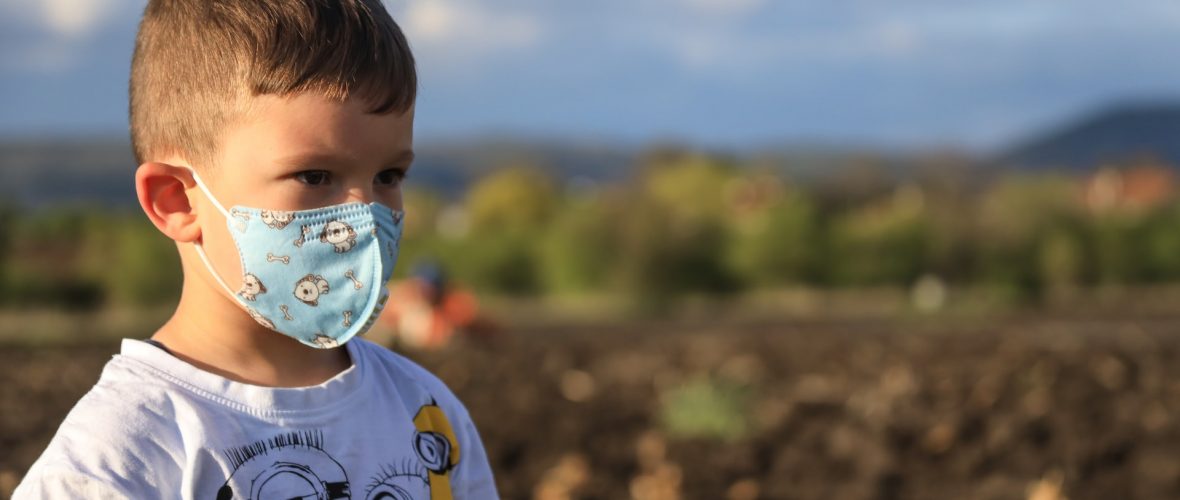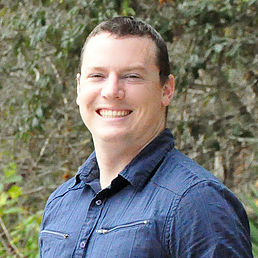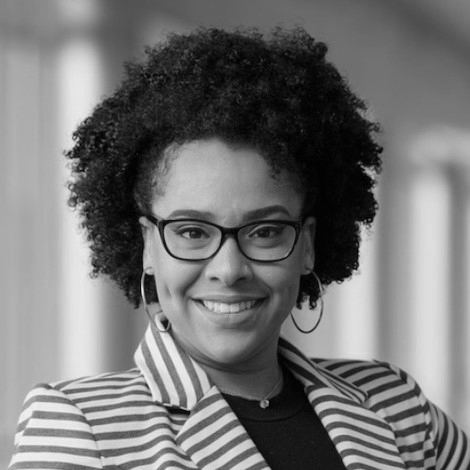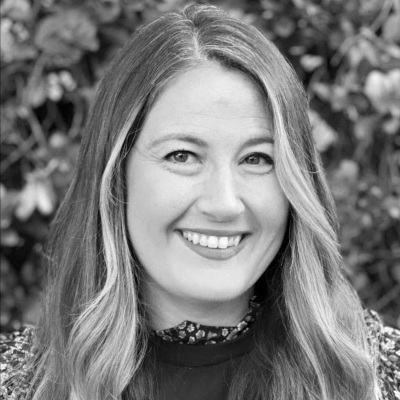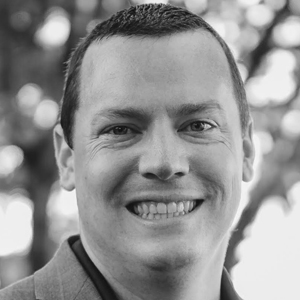Dear fellow Parents,
Coping with COVID-19 has been a serious challenge. Let’s face it: 2020 has been an unmitigated dumpster fire. That’s not a clinical term, but after this year, I’m starting to think it might be. This year has been remarkable for all the wrong reasons. The COVID-19 Pandemic, the recession, layered atop a partisan election year. There’s a lot to be concerned about, and the decision to send children back to school or to pursue virtual education has parents remarkably concerned.
It would seem that absolute disruption of home/life balance and regular routines was insufficient, and parents everywhere are left holding a short stick when it comes to securing their children’s educational needs. For some, parents may elect and feel comfortable sending their children back to school physically. For others, the virtual school is a welcome remedy.
For some parents, the unfortunate reality is that they may not have a choice due to childcare concerns or financial responsibilities. The stress and uncertainty of running a household while maintaining employment and other adult responsibilities have been coming to an increasingly sharp point, and by and large, parents have been put in the middle. There are a lot of strategies that might be helpful when it comes to coping with COVID-19.

Strategies for parents coping with COVID-19 stress:
1) Accept what you can (and cannot) control.
Acceptance tends to be a loaded word, and we frequently misconstrue acceptance to only mean that something is acceptable. Acceptance, however, also means to acknowledge. The fact is, few if any of us are individually responsible for circumstances caused by current events. Worrying about “what ifs” and “should haves” are not very useful cognitive or emotional exercises. They focus on the past and future when what we’re really trying to deal with is the present. When dealing with the decision whether or not to send children back to school, the past- and future-focused perspectives draw in additional emotions, many of which are uncomfortable and distressing, which makes problem-solving even more difficult than it would be otherwise.
2) Plan based on available information
We are not omnipotent. We cannot decipher the future. What we can do is make decisions based on what we know now recognizing our limitations. What is the school year going to look like at the physical school, and is that something we can tolerate for the immediate future? Utilizing concrete evidence helps us recognize how our thinking relates not only to the situation at hand but also how our thinking relates to our emotional state.
3) Do what is right for you and your family.
You are not your mother, brother, sister, or best friend. The decisions that those make around you are not necessarily the right decisions for you, and it is entirely possible that the decisions they make are not even options at all given your specific set of circumstances. If you’re considering your options about the upcoming school zone, and you find yourself double-guessing yourself, or feel uneasy with the choice you’ve made, listen to your guy. It’s trying to tell you something.
4) Dedicate time to unwinding.
Mental Health is not something that is protected passively. Coping with COVID-19 is an active process. If you find you’re stressed out or anxious about the school year, dedicate some time to purposeful relaxation exercises. Deep breathing and progressive muscle relaxation take around ten minutes, and can be extremely beneficial at helping you ‘reset’.
5) Limit Worry Time
Worry Management is a real thing. If you find that you’re constantly worried about things, set aside 30-minutes of your day that is dedicated to worrying and problem solving, preferably in a single space within your home or office. This is your time to worry, obsess, and solve. When your 30-minutes is up, break away and return to other tasks. Should you find yourself worrying later in the day or outside your worry time, remind yourself that you have dedicate time to examine those specific concerns.
6) Talk to someone
If you feel like your normal coping strategies are falling short, or that you need some additional assistance, speaking to your doctor or a mental health professional may help.
- Which Therapy is Best? - December 14, 2023
- How to deal with Burnout when you’re sick of everything and everyone. - February 23, 2022
- The Hidden Dangers of Social Media: How It Can Eat Away at Your Mental Health - August 21, 2021
